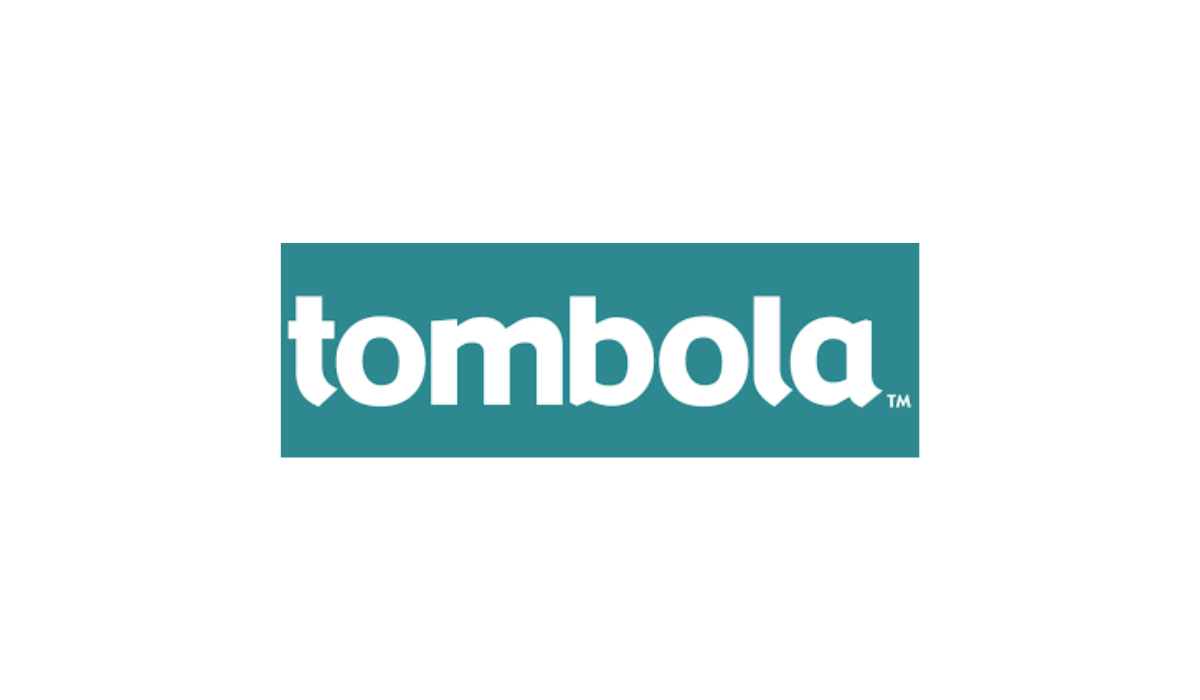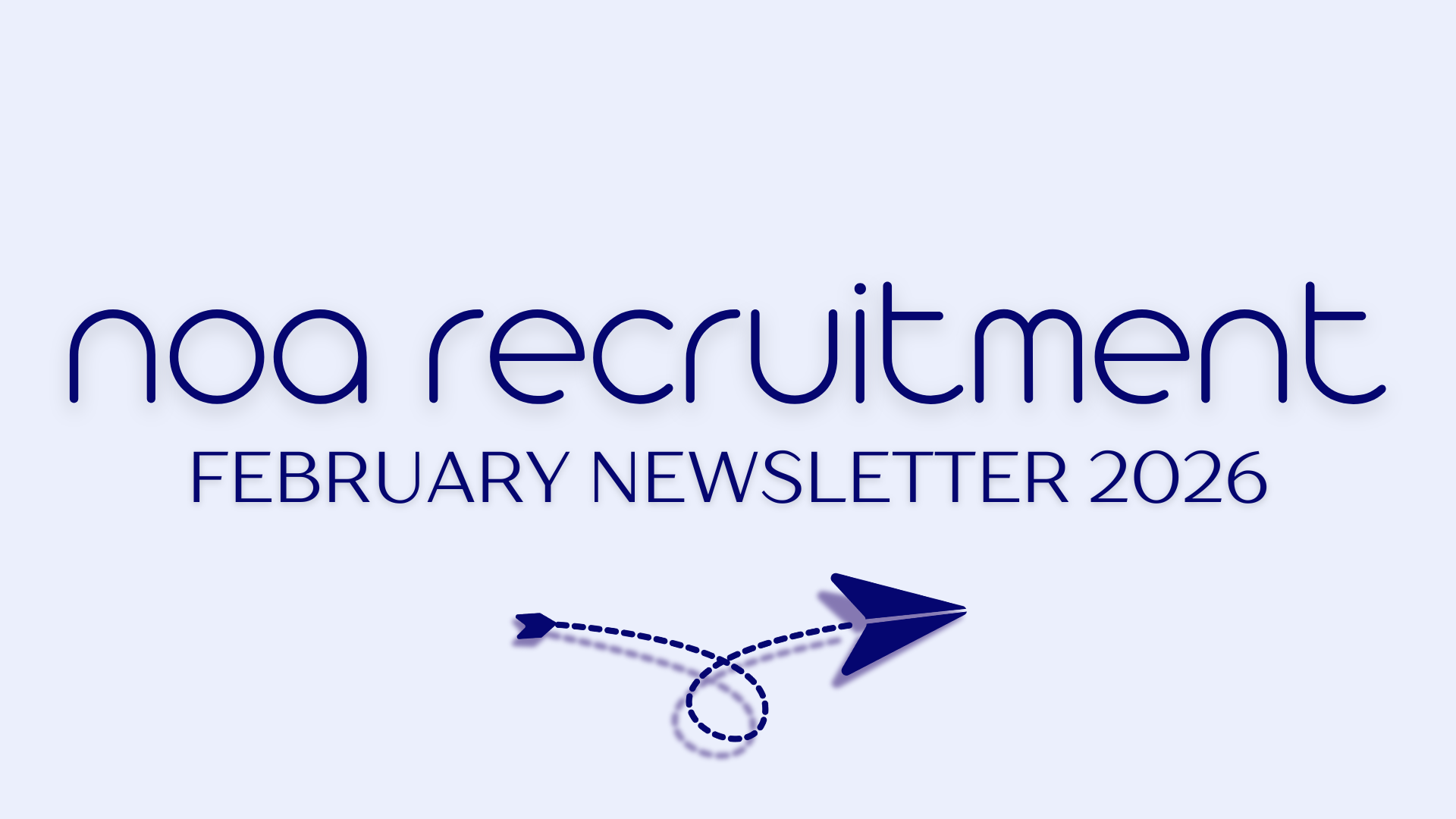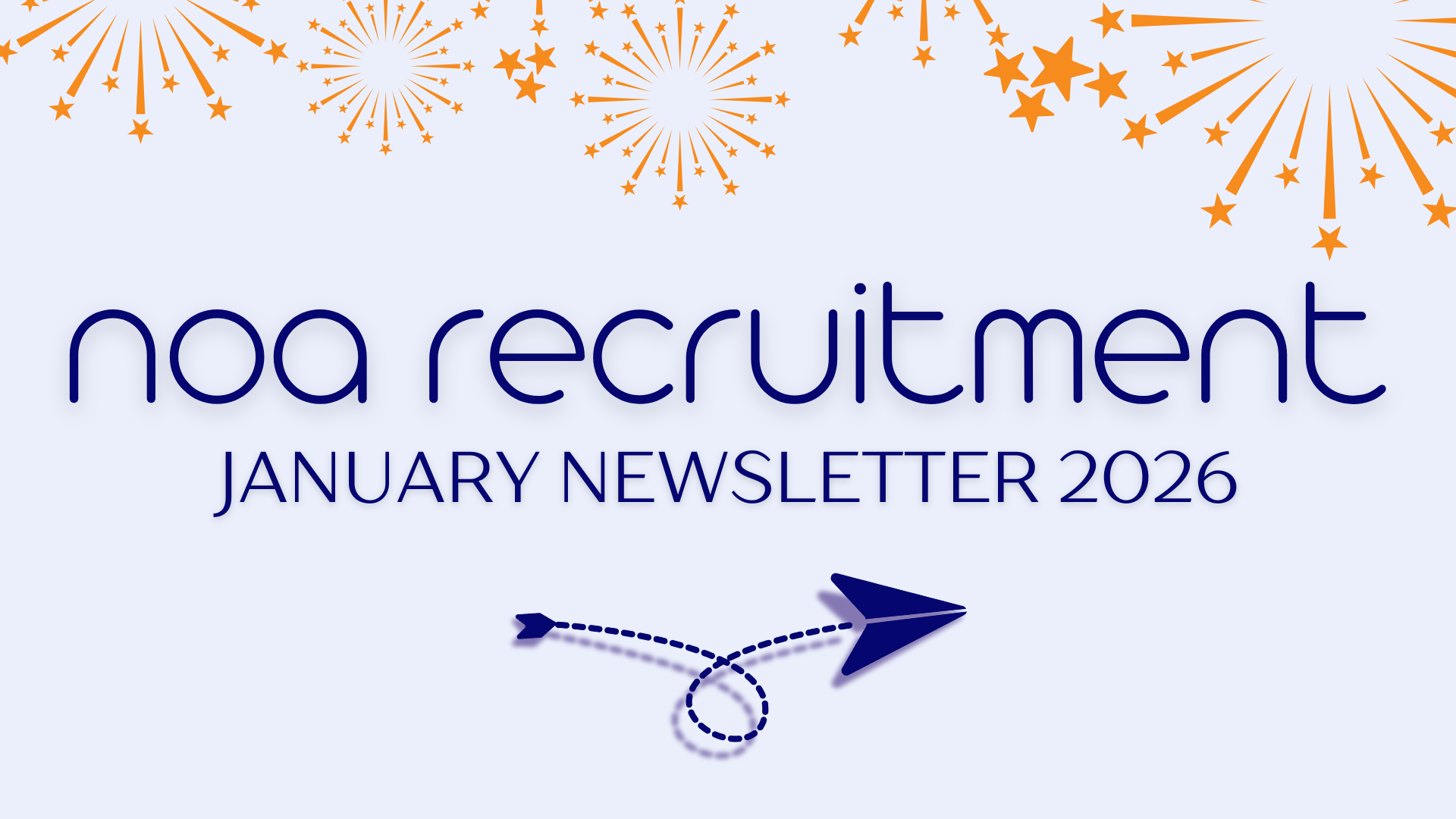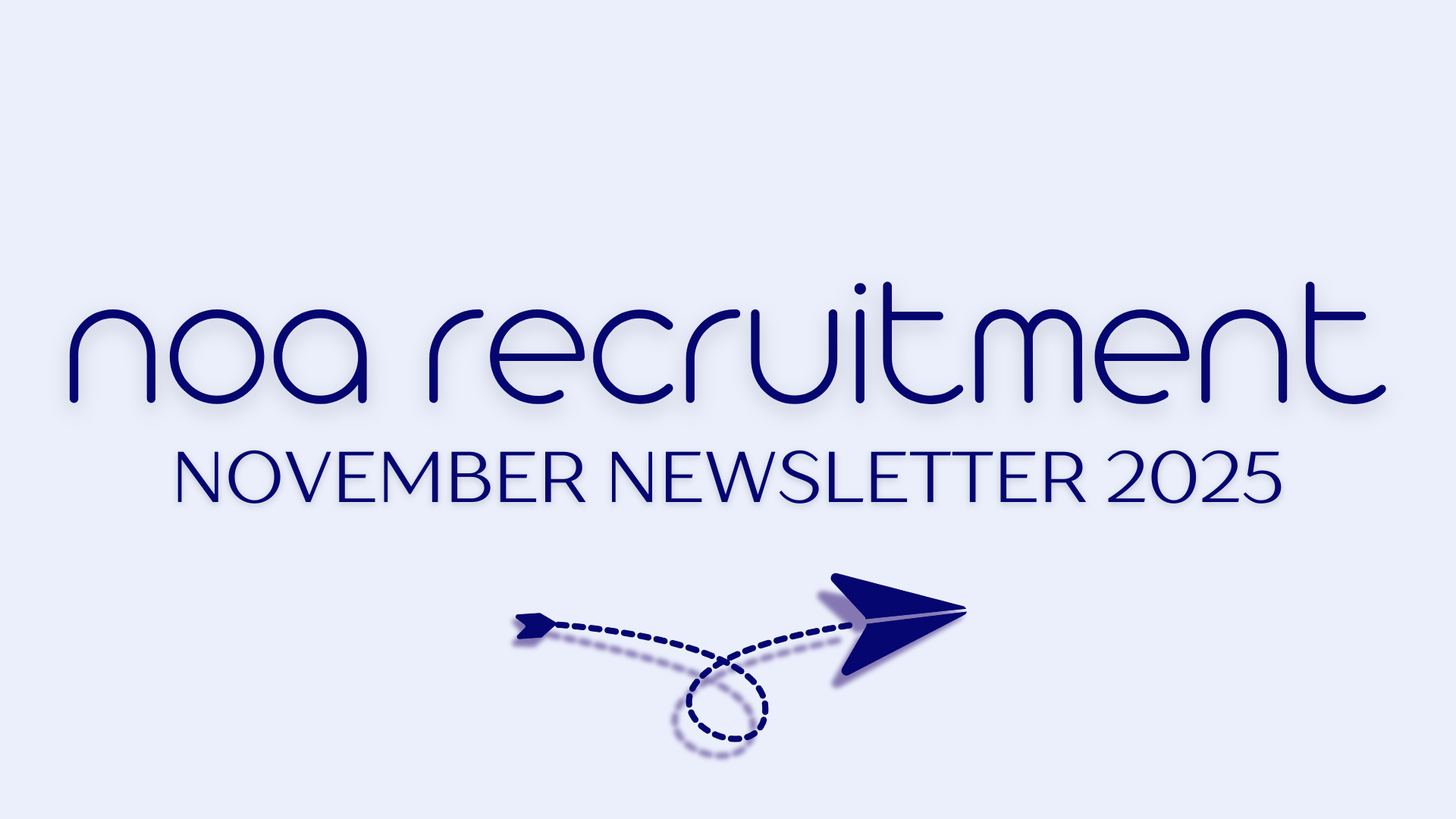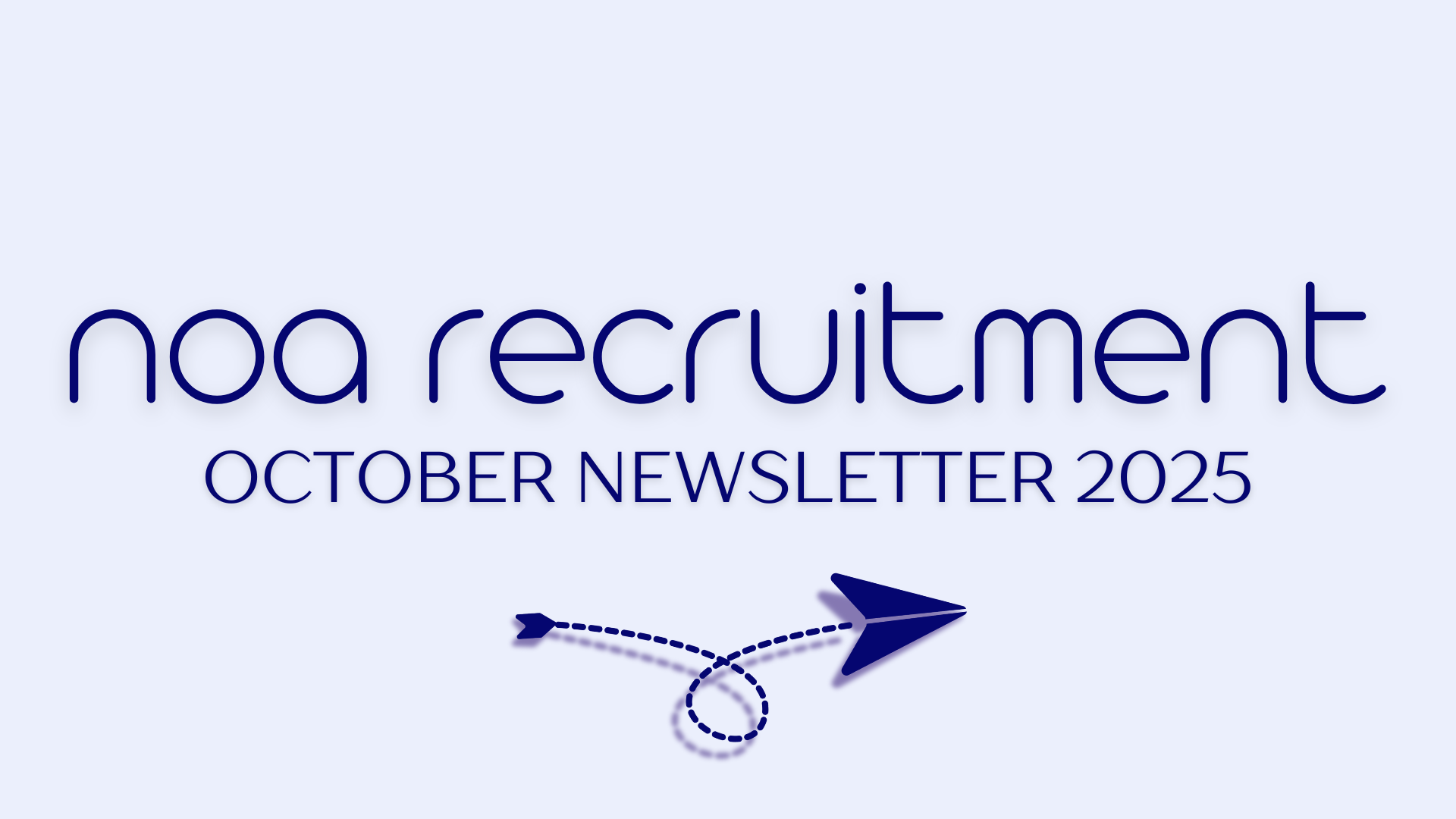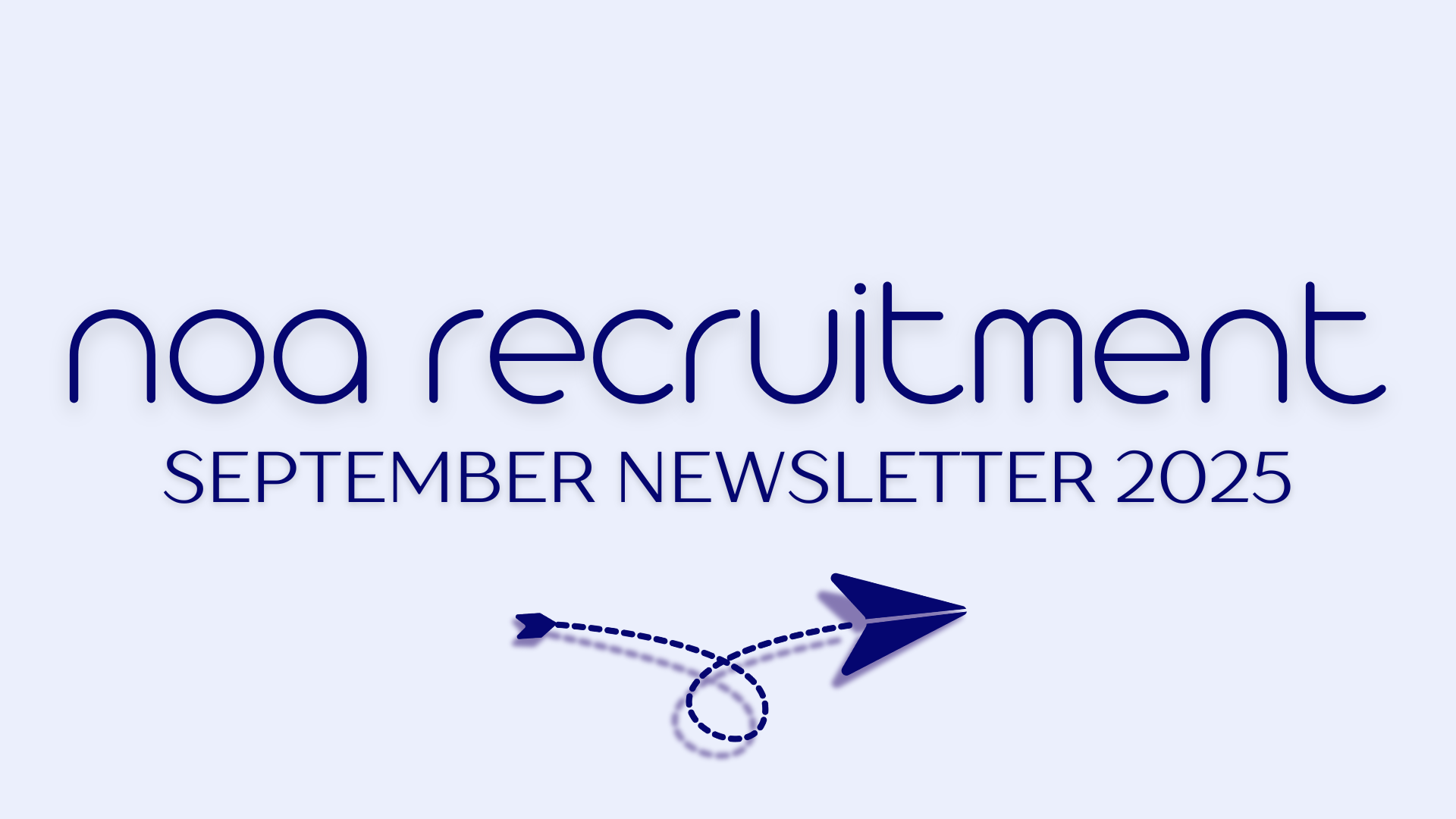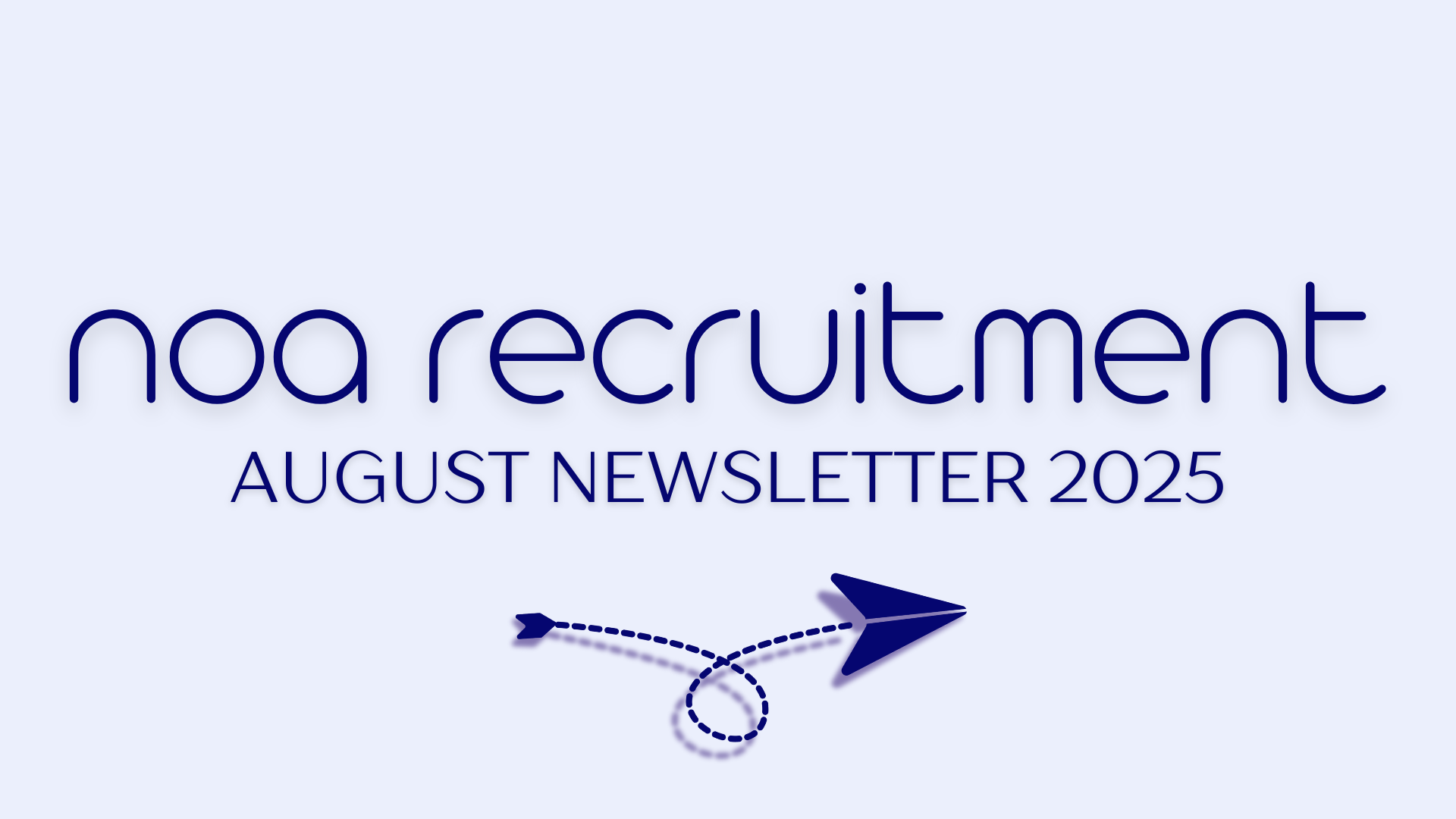Kafka – Noa Recruitment Newsletter – May 2025

Neil Harvey
Skill of the Month – Kafka
What is Kafka?
Kafka is a distributed event streaming platform from Apache that provides a range of capabilities, including messaging, storage, processing, and integration. It enables businesses to handle real-time data feeds, offering scalability and reliability based on system demand.
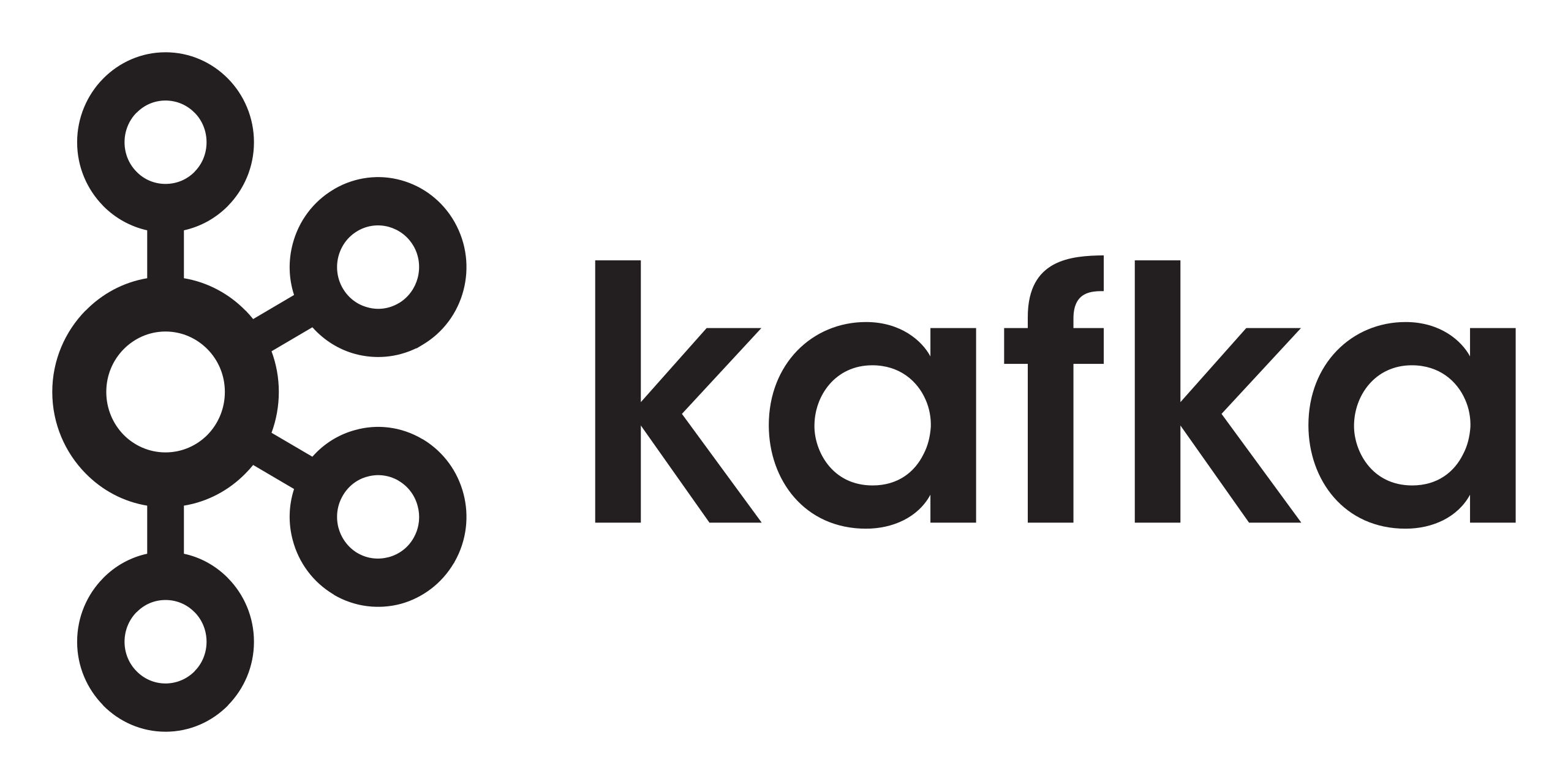
What are some things to know about Kafka?
- It’s a scalable event streaming platform used for building real-time data pipelines and applications.
- It’s compatible with various programming languages and integrates well with many systems.
- It’s designed with strong durability, fault tolerance, and performance for enterprise use.
Why learn Kafka?
Learning Kafka can enhance careers by providing expertise in a widely used event streaming platform, essential for businesses that rely on real-time data processing across systems. It’s a key tool in the tech industry, opening up a variety of roles in data engineering, backend development, and stream processing architecture.
Kafka’s support for a range of use cases, from collecting logs to powering fraud detection and recommendation engines, makes it a versatile platform, ideal for building and deploying real-time applications. Mastering Kafka equips professionals to manage high-throughput data pipelines and enhance technical skills in event-driven architecture.
Kafka also simplifies data movement and processing with its fault tolerance, horizontal scalability, and strong integration with tools like Apache Flink, ksqlDB, and Spark. Expertise in Kafka allows professionals to build resilient systems, focusing on innovation rather than managing data silos or latency issues.
Companies Frequently Hiring Kafka Experts
Topic of the Month
Employment Rights Bill
Know Your Rights
The Employment Rights Bill introduces new measures to ensure fairer treatment in the workplace. It focuses on improving transparency, especially around contracts and working hours.
From day one of employment, all workers must now receive a clear written statement of their rights. This includes pay, working conditions, and entitlement to leave.
What Employers Need to Do
Employers should review and update their onboarding processes, contracts, and HR policies to ensure compliance with the new requirements outlined in the Employment Rights Bill.
The bill also makes it easier for employees to request flexible working. Employers must respond more quickly and explain any refusals clearly.
For our newest jobs, please visit our Jobs Page!
Related News
View all newsFind a Job
Our staff have one mission: to deliver an amazing experience to the candidates that we work with.
Hire Talent
Whether you need to hire your first Machine Learning engineer, scale your DevOps team or hire a Director of Software Engineering, we have got you covered.
About us
Noa are here to help our customers find and hire Simply Great People. It really is that simple.





